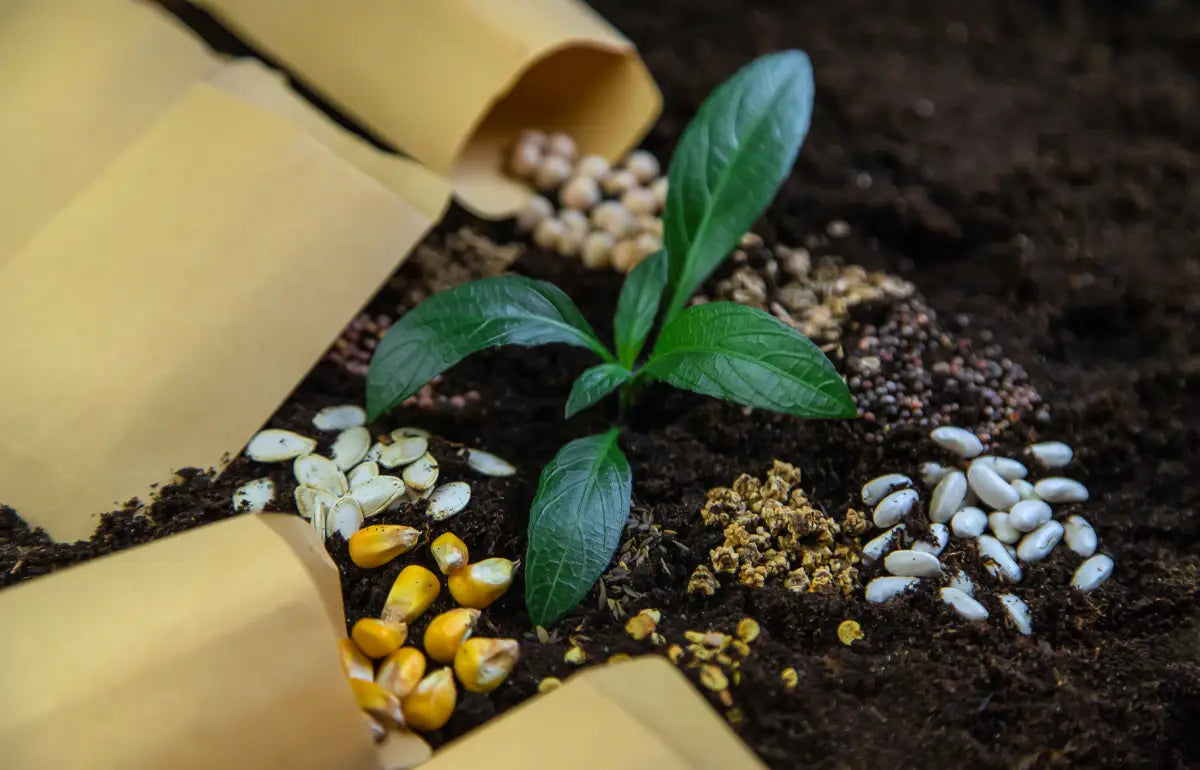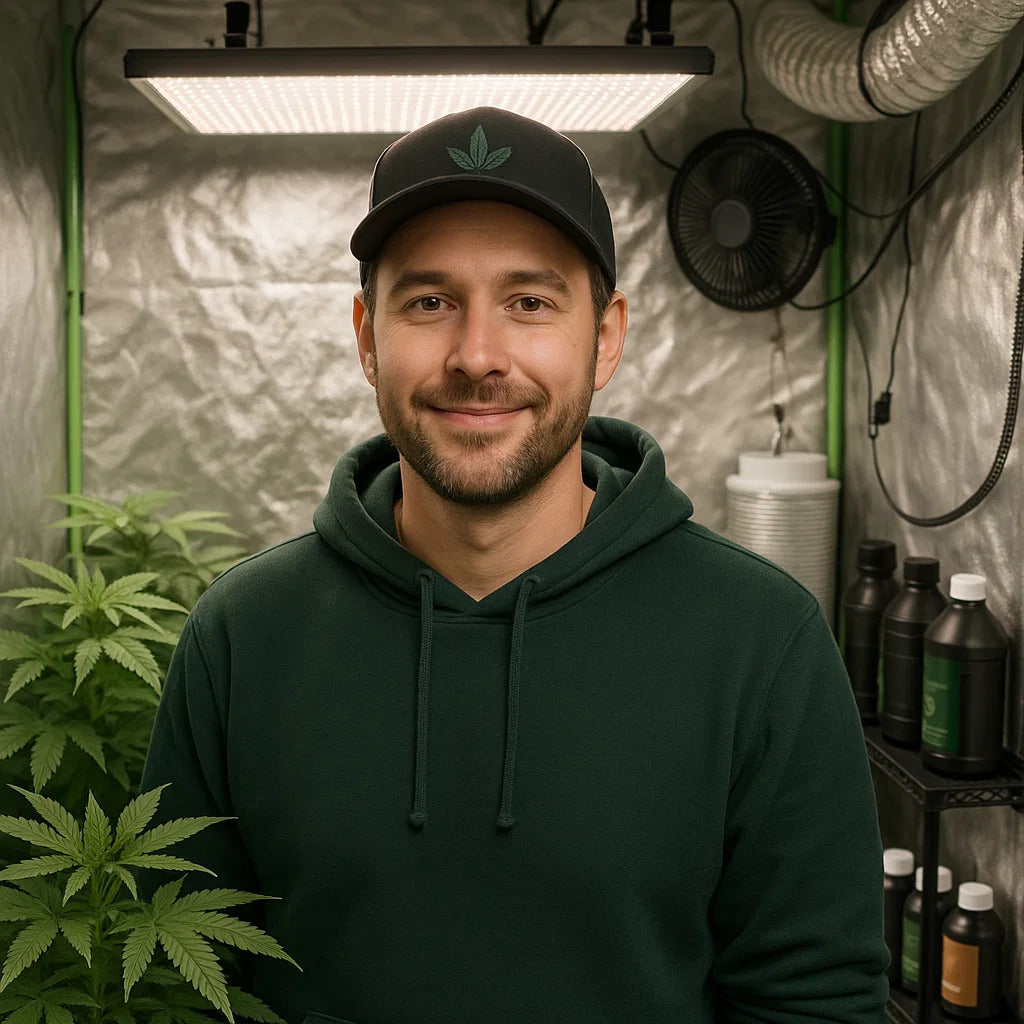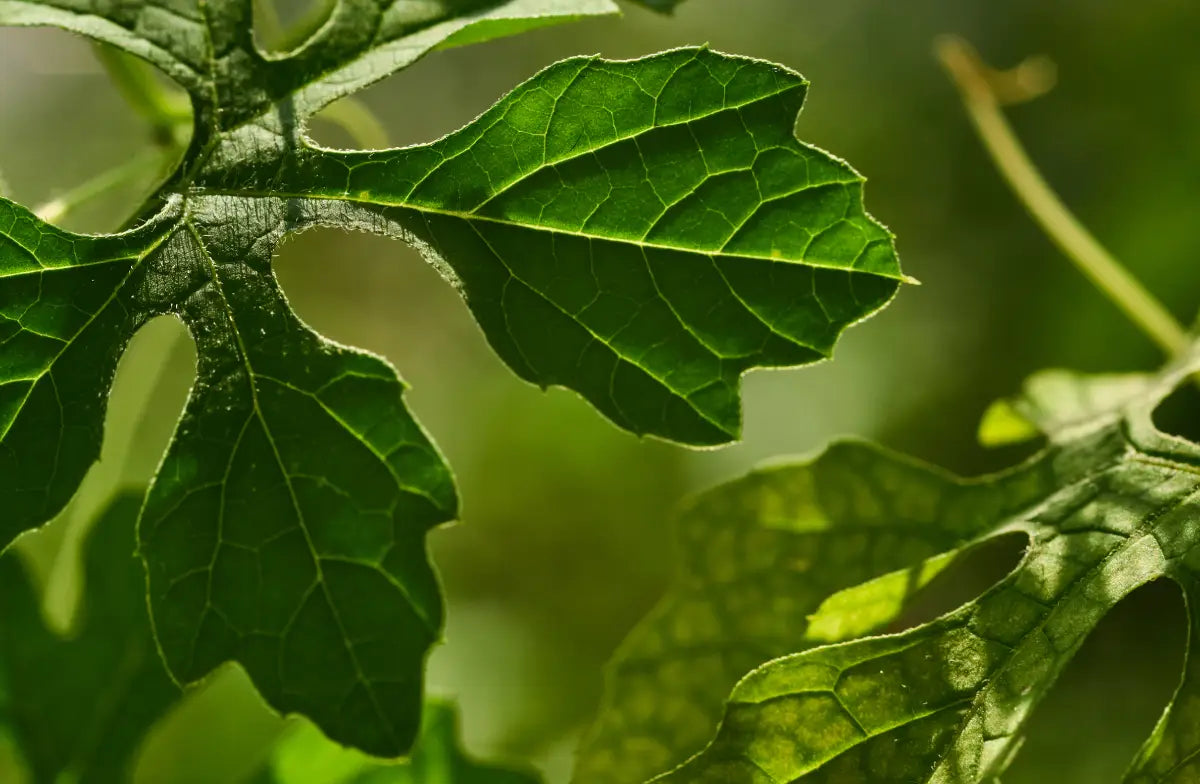
What Nutrients Do Pot Plants Need?
1. Macronutrients (Primary Nutrients)
These are the most important nutrients and are needed in large amounts.
- Nitrogen (N)
- Essential for vegetative growth.
- Helps develop strong stems and lush green leaves.
- Deficiency Signs: Yellowing leaves, slow growth.
Phosphorus (P)
- Supports root development and flower formation.
- Encourages healthy buds during the flowering stage.
- Deficiency Signs: Dark or purplish leaves, weak root growth.
Potassium (K)
- Strengthens the plant’s immune system.
- Regulates water and nutrient uptake.
- Deficiency Signs: Browning leaf edges, weak stems, poor bud development.
2. Secondary Nutrients
Needed in moderate amounts for plant health.
Calcium (Ca)
- Strengthens cell walls and prevents diseases.
- Helps nutrient absorption.
- Deficiency Signs: Brown spots, weak stems, stunted growth.
Magnesium (Mg)
- Vital for chlorophyll production and photosynthesis.
- Deficiency Signs: Yellowing between leaf veins (interveinal chlorosis).
Sulfur (S)
- Supports enzyme production and protein formation.
- Deficiency Signs: Yellowing leaves, stunted growth.
3. Micronutrients
Needed in small amounts but still crucial.
- Iron (Fe): Helps chlorophyll production.
- Manganese (Mn): Supports photosynthesis.
- Boron (B): Helps in flower development.
- Zinc (Zn): Supports stem growth.
- Copper (Cu): Aids enzyme production.
- Molybdenum (Mo): Helps nitrogen uptake.
Nutrient Needs by Growth Stage
- Seedling Stage: Light feeding; high phosphorus for root growth.
- Vegetative Stage: High nitrogen to promote leafy growth.
- Flowering Stage: Increased phosphorus and potassium for bud development, with reduced nitrogen.
Best Way to Feed Green Plants
- Organic Nutrients: Compost, worm castings, bat guano, and fish emulsion.
- Synthetic Nutrients: Pre-mixed liquid or powder fertilizers tailored for greens.
- Hydroponic Nutrients: Water-soluble fertilizers designed for hydroponic growing.
Using a pH-balanced growing medium (5.8-6.5) ensures nutrient uptake efficiency.

Lena Myles
I'm a mushroom enthusiast and home cook based in Oregon. I'm passionate about foraging and creating fungi-focused recipes, especially delicious, plant-based dishes using gourmet mushrooms like trumpet, shiitake, and oyster. When I’m not in the kitchen, you’ll usually find me wandering the woods in search of new wild flavors.


